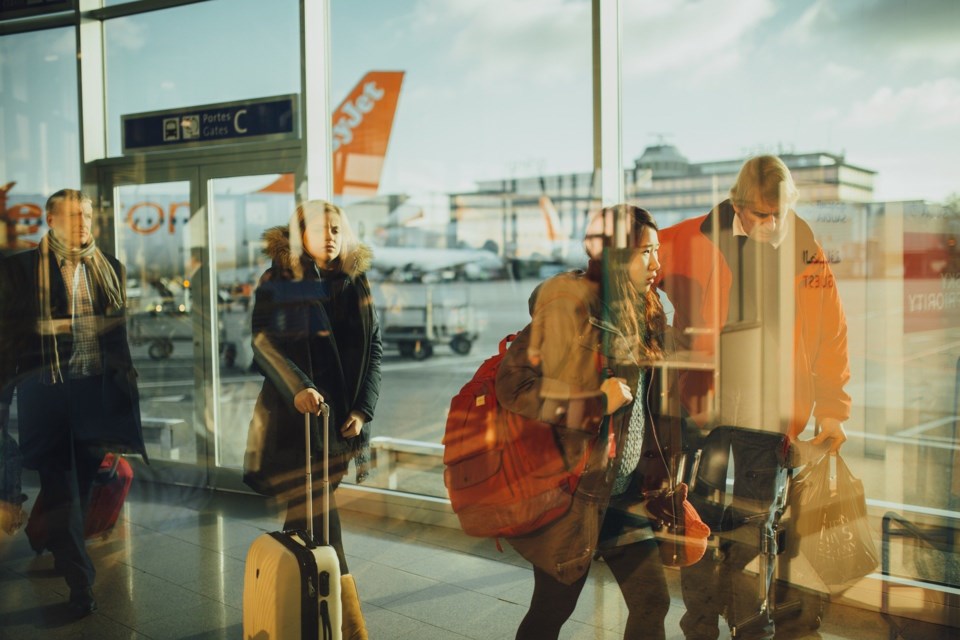With the number of confirmed cases of coronavirus increasing acround the world, concern is growing in Canada. In fact, a study conducted by the Angus Reid Institute finds that a third of Canadians are worried that they may contract the virus.
What's more, two more people have tested positive for the coronavirus in the Â鶹´«Ã½Ó³»Coastal Health region, bringing the provincial total to four.Â
And while Canada's chief medical officer, Theresa Tam, says there is a low risk of an outbreak here of a coronoavirus in B.C., many locals are concered about travelling through major airports. In fact, only 8% of respondents to the Angus Reid poll said that the epidemic would not affect their travel decisions.Â
In 2018, a  from the UK's University of Nottingham and the Finnish National Institute for Health and Welfare revealed the places with the highest presence of respiratory viruses in a major airport.Â
The study was conducted at the Helsinki-Vantaa airport - a major airport in Finland - during the winter of 2016. Reseachers collected surface and air samples weekly at three different times during the peak of flu season. Swabs and air samples, "were tested by real-time PCR for influenza A and B viruses, respiratory syncytial virus, adenovirus, rhinovirus and coronaviruses (229E, HKU1, NL63 and OC43)."
Report authors remark that their, "main findings identify that respiratory virus contamination of frequently touched surfaces is not uncommon at airports."Â
The study highlights how plastic security trays pose a risk for contamination, because airports require all departing passengers to use security trays. Further, each security tray, "is rapidly recycled and potentially touched by several hundred passengers per day."Â
The study also reports that, "Viral nucleic acid was found in samples from the surfaces of a plastic toy dog in the children’s playground (two of three swabs, 66.7%), hand-carried luggage trays at the security check area (four of eight, 50%), the buttons of the payment terminal at the pharmacy (one of two, 50%), the handrails of stairs (one of seven, 14%) and the passenger side of desk and divider glass at the passport control points (one of three, 33.3%)."
Surprisingly, the study did not find any respiratory viruses in a considerable number of samples from the surfaces of toilets. Report authors note, however, that this "is not unexpected, as passengers may pay particular attention to limiting touch and to hand hygiene, in a washroom environment."
The Canadian government is warning travellers that they should avoid all 'non-essential travel' to China due to the outbreak of a novel coronavirus. The advsiory states that a number of airlines have suspended or reduced flights in and out of the country. Chinese authorities have aslo imposed travel restrictions in parts of the country, and further restrictions may be imposed on short notice. As a result, it may be increasingly difficult to travel within China or to exit it.
Coronavirus isn't something that people can get from casual contact. A person must be in close proximity (within two metres) with somebody to be able to inhale those droplets if a person coughs or sneezes in front of them without covering up.
If a person has touched something that has droplets on it with coronavirus in it, as long as they clean their hands before touching their face or your mouth, they are not at risk of getting that virus in their body.
The B.C. Centre for Disease Control has issued an in-depth explainer around the coronavirus, touching on everything from how the virus is spread to preventative measures. Read more here.
- With files from John Kurucz / Â鶹´«Ã½Ó³»Courier



